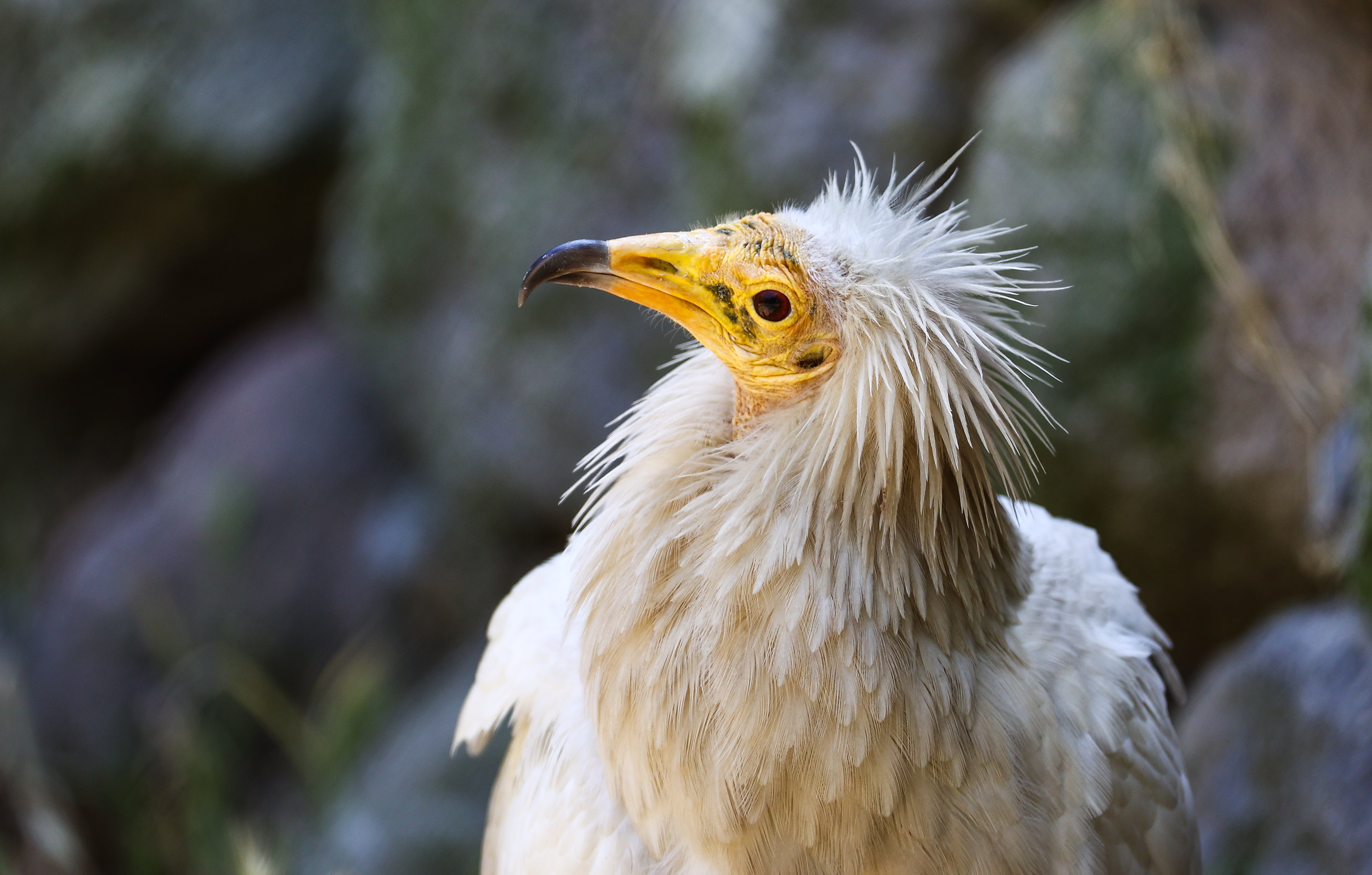Egyptian vulture seen in UK for first time in 153 years
‘It only takes one bird to make a day and what a bird it was.’

Your support helps us to tell the story
From reproductive rights to climate change to Big Tech, The Independent is on the ground when the story is developing. Whether it's investigating the financials of Elon Musk's pro-Trump PAC or producing our latest documentary, 'The A Word', which shines a light on the American women fighting for reproductive rights, we know how important it is to parse out the facts from the messaging.
At such a critical moment in US history, we need reporters on the ground. Your donation allows us to keep sending journalists to speak to both sides of the story.
The Independent is trusted by Americans across the entire political spectrum. And unlike many other quality news outlets, we choose not to lock Americans out of our reporting and analysis with paywalls. We believe quality journalism should be available to everyone, paid for by those who can afford it.
Your support makes all the difference.An Egyptian vulture has been spotted in the Isles of Scilly in what has been described as a “once-in-a-century” sighting.
The giant bird of prey, which has a distinctive bright yellow face and a mane of feathers, was first seen on Monday flying over Peninnis Head on St Mary’s.
It then moved on to Tresco, where it was seen perching on a pine during the middle of the day.
It is the first time the species has been spotted in the UK in more than 150 years and only the third time recorded. The previous two times were in 1825 and 1868.
Will Wagstaff, who was leading a birding tour group on the island of Tresco and managed to snap a few photographs of the vulture, told Cornwall Live the group couldn’t believe their luck.
“Rare migrants are few and far between on Scilly in mid-June,” he told the paper. “So, the news that a ‘big bird’ had been seen in the fog over St Mary’s early in the day was intriguing to say the least - especially as the range of species being suggested was rather wide.
“To say I was surprised to then see an Egyptian vulture appear out of the mist over my head was an understatement.”
He added: “I gather the only accepted British records were in 1825 and 1868, so this was long overdue and has aroused a lot of interest in the UK birding community. Until this bird appeared I had been happy with a White Wagtail and four Grey Herons.
“It only takes one bird to make a day and what a bird it was.”
Another bird-watcher who caught the lucky sighting described the vulture as “an exceptionally cool bird in flight”.
“A very surreal moment seeing it in Scillionian air space,” he wrote on Twitter.
The identification of the species will be done by the British Birds Rarities Committee, and then passed to the British Ornithologists Union Records Committee to be verified or not as a true wild bird sighting, reports the BBC.
Professor Stuart Bearhop, an ecologist with the University of Exeter, told the broadcaster: “If proven to be of wild origin then it would be the first sighting for 150 years, maybe a bit longer. It’s an incredibly rare sighting.”
“I think people will travel to see it, people are looking at it as a once-in-a-century bird,” he added
There are only between 12,000 and 38,000 Egyptian vultures left in the world, according to BirdLife International. It is one of the only birds of prey known to use tools when hunting.
They are usually found in southern Europe, northern Africa and south western Asia. The Egyptian vulture spotted on the Isles of Scilly is believed to have come from northern France.
Join our commenting forum
Join thought-provoking conversations, follow other Independent readers and see their replies
Comments